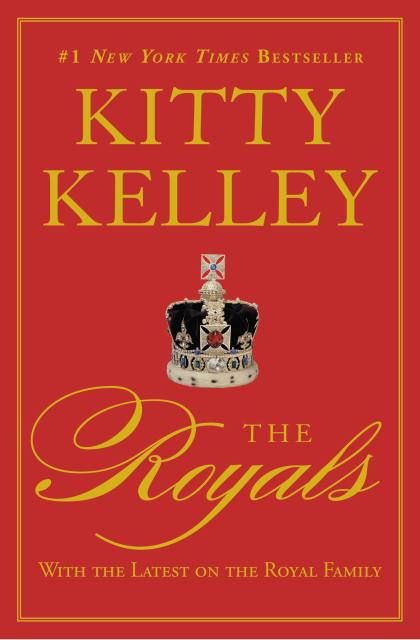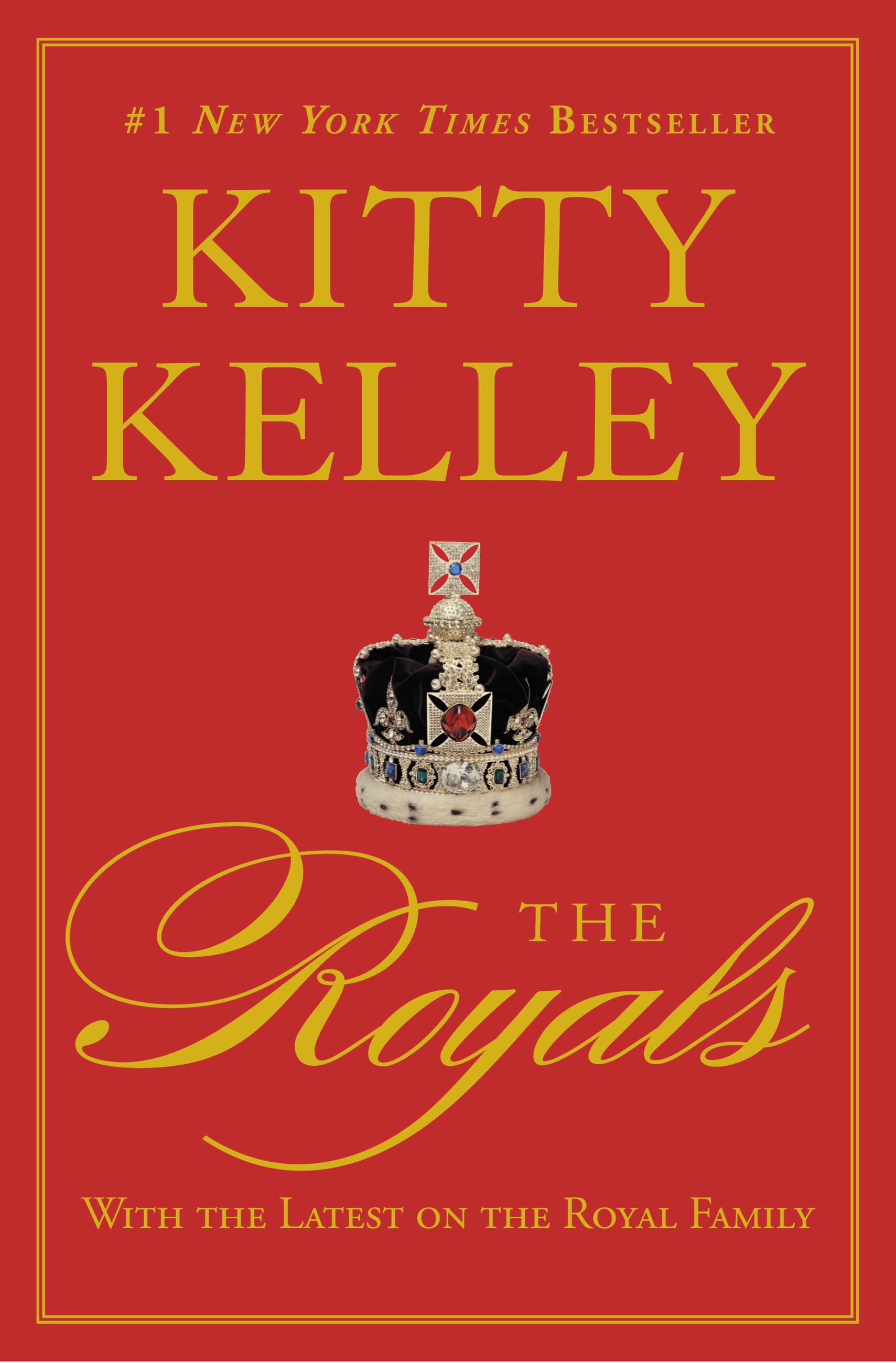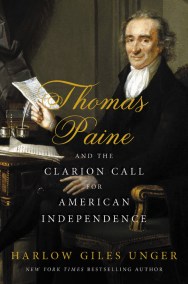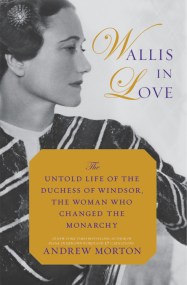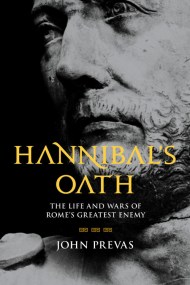By clicking “Accept,” you agree to the use of cookies and similar technologies on your device as set forth in our Cookie Policy and our Privacy Policy. Please note that certain cookies are essential for this website to function properly and do not require user consent to be deployed.
The Royals
Contributors
By Kitty Kelley
Formats and Prices
- On Sale
- Oct 29, 2010
- Page Count
- 608 pages
- Publisher
- Grand Central Publishing
- ISBN-13
- 9780446585149
Price
$18.99Price
$23.99 CADFormat
Format:
Trade Paperback $18.99 $23.99 CADThis item is a preorder. Your payment method will be charged immediately, and the product is expected to ship on or around October 29, 2010. This date is subject to change due to shipping delays beyond our control.
Buy from Other Retailers:
The #1 New York Times bestselling, controversial portrait of the British royal family — as told from behind the palace walls — for fans of Netflix’s The Crown and all royal watchers
They are the most chronicled family on the face of the globe. Their every move attracts headlines. Now Kitty Kelley has gone behind the scenes at Buckingham Palace, Windsor Castle and Kensington Palace to raise the curtain on the men and women who make up the British royal family. Queen Elizabeth, Prince Charles, Princess Diana…here are the scandals of the last decades: the doomed marriages and the husbands, wives, lovers and children caught in their wake and damaged beyond repair. No one is spared.
They are the most chronicled family on the face of the globe. Their every move attracts headlines. Now Kitty Kelley has gone behind the scenes at Buckingham Palace, Windsor Castle and Kensington Palace to raise the curtain on the men and women who make up the British royal family. Queen Elizabeth, Prince Charles, Princess Diana…here are the scandals of the last decades: the doomed marriages and the husbands, wives, lovers and children caught in their wake and damaged beyond repair. No one is spared.
-
"Pages that genuinely illuminate the careers of the flawed humans who have occupied and circled the throne this century. Never before have all the stories about all the bit players, from Prince Philip to Princess Margaret, from the Queen Mother to the grimly devoted old courtiers, been collected in a single, useful place."-Washington Post Book World
-
"Salacious...irreverent...juicy details...the product of four years' research...Regarded as the most sensational of her scandal-packed oeuvre...Gripping." - Chicago Sun Times
-
"Miss Kelley is a fine writer and indefatigable researcher...She has lost none of her edge here in The Royals...A delightful read...As early as the second page, Miss Kelley is referring to the royal family's 'secrets of alcoholism, drug addiction, insanity, homosexuality, bisexuality, adultery, infidelity and illegitimacy' in this century. None of this is exaggerated, none of it is false." - Washington Times
-
"Kelley's pen is mightier than the sword." - Houston Voice
-
"The larger, hotter rumors are as interesting for the way they are presented and justified as for what they contain." - The New Yorker
Newsletter Signup
By clicking ‘Sign Up,’ I acknowledge that I have read and agree to Hachette Book Group’s Privacy Policy and Terms of Use
